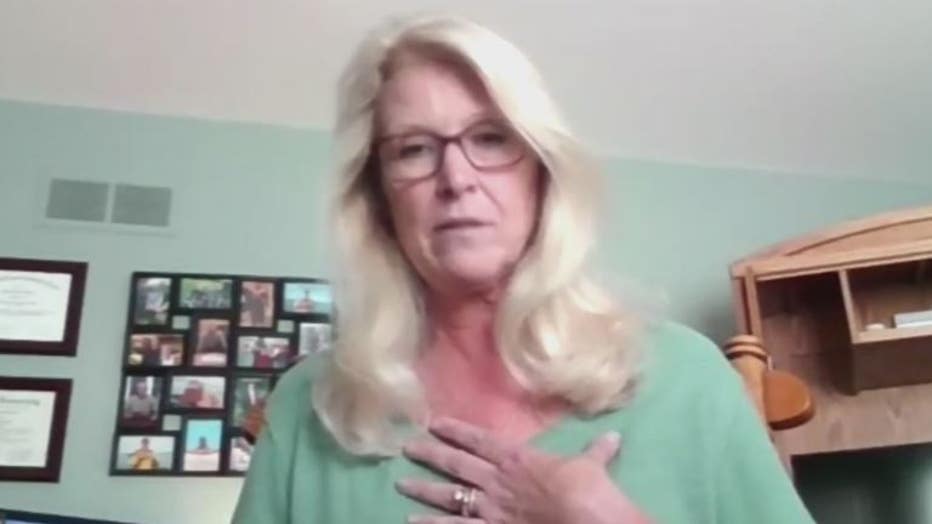Woman says infusion therapy helped save she and her husband from COVID-19
DETROIT (FOX 2) - Susan Carlson and her husband, Ken, came down with COVID-19 in mid-April when they were only halfway through the vaccination process.
"I got the sore throat, I had a very weird pressure in my chest and it was quite scary," she said. "It came on him very suddenly. He was tired - he got chills, a fever, sore throat, his chest was heavy and he started to cough, and we were like, 'Uh-oh, what is going on here?'"

Couple stricken with COVID-19 credits infusion therapy for recovery
Susan Carlson and her husband, Ken, came down with COVID-19 in mid-April when they were only halfway through the vaccination process.
What was happening to them was happening to so many others here in Michigan. The April surge in coronavirus infections were terrifying and deadly.
Their doctor at Henry Ford Macomb prescribed monoclonal antibody therapy. It is an infusion treatment that when administered within 10 days of the onset of symptoms, saves lives.
"It's extremely effective in neutralizing the virus and preventing the symptoms from getting worse and the disease from getting more severe," said Dr. Adnan Munkarah.
Munkarah says at the height of this latest surge, Henry Ford Health was administering more than 200 monoclonal antibody infusions a week.
The Carlsons credit it with their recovery - they're already back to work.
"I truly believe that stopped my symptoms from getting worse and it kept my husband out of the hospital," she said. "I've told everyone - if this happens - you have to get this right away."

Susan Carlson
Doctors say it's an effective tool in the fight against Covid - but not the only tool. Doctors say hospitalizations and infections are falling but there's no time to get complacent - continue to mask up, social distance - and get vaccinated.
"We want to get back to normal but yet we've got to understand the connection," said Bob Riney, president and CEO Henry Ford Health. "The path to getting back to normal is to get our vaccination rates up."
Rates have been falling off in recent weeks but medical officials are pushing to get vaccination numbers up.
"Please for those of you that are still hesitant or have made up your mind that you're not getting a vaccine," Riney said, "know that you are 25 times more likely to get covid. Is that a risk worth taking?"

